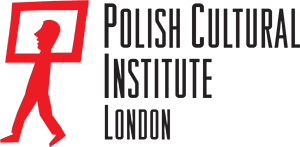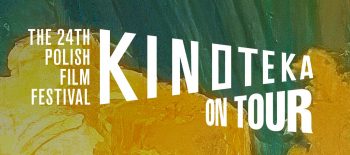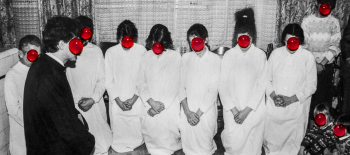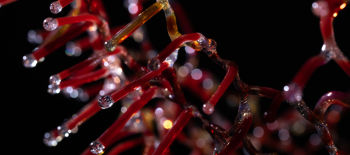18 – 19 May 2024
Pigott Theatre, Knowledge Centre, British Library, London
Building on the success of the first European Writers’ Festival in 2023, this year’s festival brings together a new constellation of glittering stars from across Europe. With a launch party on Friday evening 17 May, the festival takes place from May 18-19 2024 at the British Library.
Two days of panels and performances will gather together 30 established and emerging authors from Austria to Ukraine to discuss the literature and ideas defining our countries and Europe today.
Writers will respond to this year’s theme Transformation, because change, and the challenges of the fast and furious changes in society, politics, climate, identity, technology, science, the arts, health, language, humour and human rights, rock our lives. As we in Europe are again shaken to the core by war and division, the European Writers’ Festival hopes to demonstrate that community, debate, entertainment and storytelling can unite us in creating hope and positive transformation.
All events are in English and are chaired by a range of distinguished presenters, critics and academics.
Poland will be represented by Malgorzata ( Margo) Rejmer, an award-winning Polish novelist, reporter, and writer of short stories. She is the author of the non-fiction work Bucharest: Dust and Blood, which won the Newsweek Award for best book of 2013 and the Gryfia Literary Award. In 2018 she was awarded the Polityka Passport, the most prestigious prize in Poland for emerging artists, for Mud Sweeter than Honey, and in 2020 it won her the Kościelski Prize. It was published in English translation in 2021 (Maclehose Press and Restless Books). Her published works of fiction include the novel Toximia and a recent collection of short stories, The Weight of Skin, of which the title story has been translated for inclusion in the forthcoming Penguin Book of Polish Short Stories. Her books have been translated into eight languages. She lives in Warsaw and Tirana.
Margo rejmer’s FEATURED BOOK: Mud Sweeter than Honey, published by Maclehose, 2021, was co-translated by Antonia Lloyd-Jones and Zosia Krasodomska-Jones. Gripping reportage of Albania under communism, told through personal accounts of those whose lives were blighted and crushed by ruthless dictator Enver Hoxha.
This year the Festival also hosts a special guest, Andrey Kurkov, prize-winning Ukrainian novelist and journalist, who, since Russia’s full-scale invasion, has travelled the world campaigning to raise support for Ukraine. He has also continued to write, including his book of reportage Our Daily War, pub. July 2024. He will discuss writing and war with The Guardian’s Senior international correspondent and author of Invasion, Luke Harding.
In addition, on the afternoon of Friday 17th May, UCL and the writer in residence Joanna Elmy will lead a guided walk of European Literary London. More info to be shared soon.
Please find the full programme below.
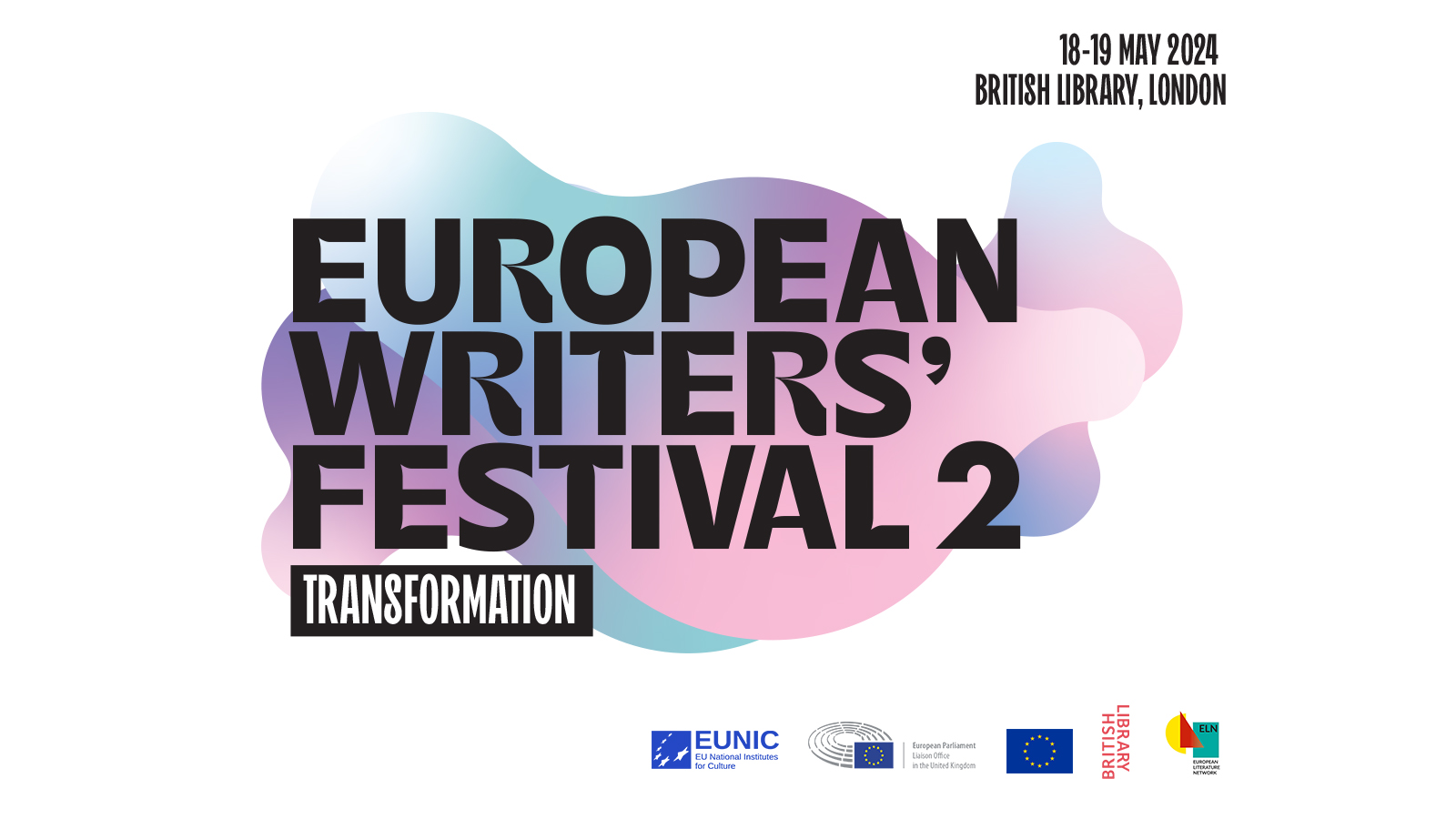
SATURDAY 18TH MAY
10:30 doors open 11:00 – 12:15
PANEL 1 – Europe Transformed
An inter-generational panel of great storytellers from North, South, East and West kicks off the festival by discussing how Europe and storytelling have changed since the first post-Cold War generation up to today. With Milena Michiko Flašar (Austria), Jógvan Isaksen (Faroes), Nora Ikstena (Latvia) and Elisa Victoria (Spain).
CHAIR: ROSIE GOLDSMITH
12:45 – 14:00
PANEL 2 – Changing Gears
Very few of our festival authors work and write in one genre, so does genre matter? Can you be good at everything? Meet the former bank manager who writes fiction, the philosopher writing on Law, the academic-broadcaster and the musician-poet; among the many authors who switch jobs and genres, proving that changing gears only boosts creativity. With Laurent de Sutter (Belgium WBI), Kristiina Ehin (Estonia), Emma Dabiri (Ireland) and Selçuk Altun (Turkey).
CHAIR: TOBY LICHTIG
(In partnership with the Times Literary Supplement)
14:30 – 15.45
PANEL 3 – Transformation through Translation
How has the art of translation – and attitudes to translation – changed in Europe? Does the plethora of grants and prizes help? All our festival writers are translated, several lead
double lives as translators. What does that mean for their own writing? And how do they judge the status of translation across Europe and the UK?
With Joanna Elmy (Bulgaria), Jordi Larios (Catalonia), Simone Atangana Bekono (Netherlands) and Ioana Pârvulescu (Romania).
CHAIR: WILL FORRESTER
(in Partnership with English PEN)
16:15 – 17:30
PANEL 4 – Change and Conflict
Our festival writers come from all over the world. What is the impact of war, conflict and displacement on how they live, think and write? How does conflict and geography influence their sense of belonging and identity? Can they ever forget trauma and loss or is the shadow of war and conflict always present, always part of their creative process? With Pajtim Statovci (Finland), Igiaba Scego (Italy) and Iryna Shuvalova (Ukraine).
CHAIR: tbc
18:00 – 18:45
Special Guest ANDREY KURKOV
In Conversation with LUKE HARDING
Prize-winning Ukrainian novelist Andrey Kurkov is also a prominent commentator and journalist. Since Russia’s full-scale invasion he has travelled the world campaigning to raise support for Ukraine. He has also continued to write, and his several fine books of reportage – including Our Daily War (pub. July 2024) – sit alongside his witty novels, and the first in a series of historical crime novels, The Silver Bone: the Kyiv Mysteries, out now. He discusses writing and war with The Guardian’s Senior international correspondent and author of Invasion, Luke Harding. (In partnership with Guardian Europe)
SUNDAY 19TH MAY
11.30 doors open
12:00 – 13:15 PANEL 1 – Transforming Historical Narratives
Writing about history is central to European literature but how we write about it, and who writes it, has changed. When your personal history is embedded in historic change how does that shape your narrative? Who are the writers taking over from the Great Men of History, to tell its stories in daring new ways?
With Anne Berest (France), Christos Chomendis (Greece), Tomas Vaiseta (Lithuania) and Margo Rejmer (Poland). CHAIR: TIM BEASLEY-MURRAY (In partnership with University College London)
13:30 – 14:45
PANEL 2 – Breaking Boundaries.
The originality, courage to experiment and boundary-breaking of so many festival writers are transforming European poetry and prose. They delight and stimulate readers – and will perhaps stimulate some change in writing in the UK? Our writers take on other worlds and literary traditions, from folk to fantasy, magical realism to sci-fi.
With Michal Ajvaz (Czech Republic), Alycia Pirmohamed (Scotland) and Sebastijan Pregelj (Slovenia).
CHAIR: REBECCA JONES
15:00 – 16.15
PANEL 3 – Europe on the Move
How travel, journeys, migration and movement make their way onto the page. Europe is on the move again, by choice or by force or necessity: what kind of journeys are writers taking and how do they write about them? And after the pandemic, after Brexit, travel-writing itself is undergoing a revival in new and exciting ways. With Kristian Bang Foss (Denmark), Andrea Tompa (Hungary), Afonso Cruz (Portugal) and Zuska Kepplova (Slovakia).
CHAIR: THARIK HUSSAIN
16:30 – 17:30
PANEL 4 – The New Europeans of the Future
European writers are increasingly multi-cultural, multi-disciplinary and multi-lingual but how can we embrace this transformation and the wonderful opportunities these changes promise for the future? Several festival authors write in the ‘new’ languages of their new homes: how does that impact their craft, their identity and how they feel about home, nationhood and Europe?
With Dean Atta (Cyprus), Sasha Salzmann (Germany), Larisa Faber (Luxembourg) and Tone Schunnesson (Sweden).
CHAIR: BEE ROWLATT
The Festival is organised by the European Union National Institutes of Culture (EUNIC) London in partnership with the European Literature Network and the British Library, and with the support of the Delegation of the European Union to the United Kingdom and the European Parliament Liaison Office in the United Kingdom, the European Writers’ Festival is once again curated by former BBC journalist Rosie Goldsmith, director of the European Literature Network.
How to secure your entry: TICKETS for one or both days are on sale HERE
Find out more about the Festival HERE.
